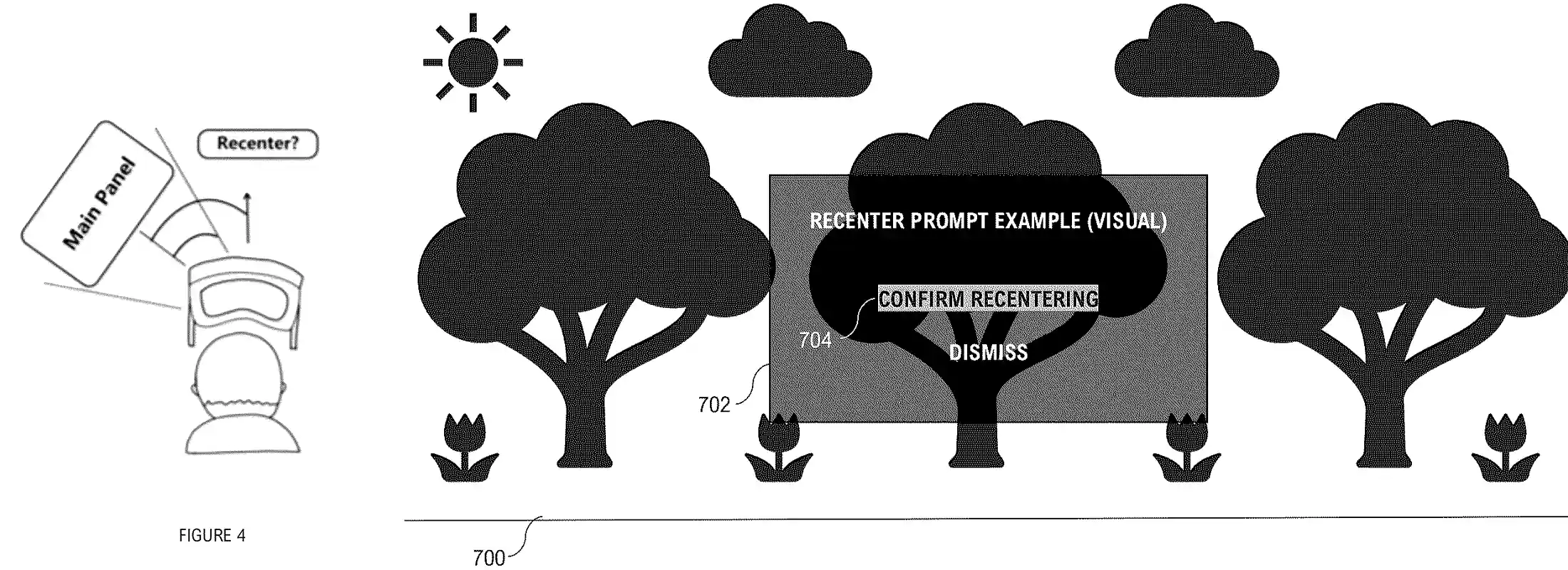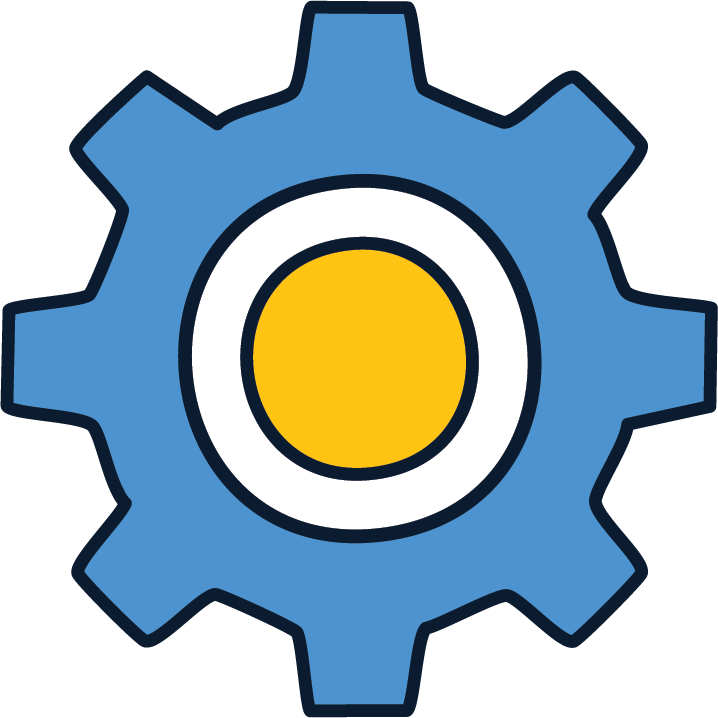
Unlocking Virtual Reality for Everyone: My First Patent
I’m humbled and proud to announce that I have officially been granted my first patent, US-12326971-B1.
This patent isn’t just a personal milestone; it represents a step forward in a field I’m deeply passionate about: accessibility. The technology, titled “System and method for facilitating adaptive recentering in virtual reality environments,” is designed to make VR more inclusive for people with disabilities.
For many, the simple act of manually recentering a VR headset can be a significant barrier. The system addresses this by allowing VR software to intelligently and automatically handle this for the user. It uses integrated sensors to monitor a user’s viewpoint and, when it detects a sustained deviation from a central point, it triggers an algorithm to smoothly recenter the display. This removes a common frustration and makes the immersive world of VR accessible to a wider audience.
Here’s the abstract from the patent itself:
“The present invention pertains to a system and method for facilitating adaptive recentering in virtual reality (“VR”) environments capable of autonomously monitoring a user’s viewpoint orientation within a VR environment using integrate sensors to detect deviations exceeding a predetermined threshold angle from a central reference point. The system employs an algorithm to evaluate the duration and extent of the user’s viewpoint deviation, enabling detection of potential recentering needs without requiring direct physical input.”
Developing this concept and navigating the patent process has been a long and challenging journey, but it’s worth it to know that this could help make a real difference in people’s lives. I truly believe that technology should empower everyone, and I’m committed to continuing to build solutions that break down barriers.
Thank you for being a part of this journey. I can’t wait to share what’s next.

Ray Abel
Founder of Ability Foundry, working to make technology accessible to everyone.
